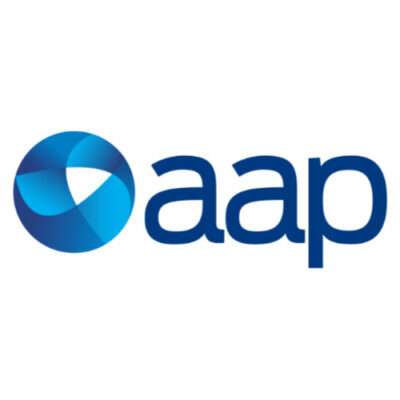
Card surcharges inflating the cost of daily purchases will be in the consumer watchdog’s sights as everything down to the price of a coffee comes under scrutiny.
Businesses can legally pass on the cost of paying by card, but providers have come under fire for potentially inflating the surcharges and adding a few cents or more to every purchase.
“That’s important when people are concerned about cost of living,” Gina Cass-Gottlieb told reporters when revealing the regulator’s upcoming enforcement and compliance priorities.
The chair of the Australian Competition and Consumer Commission will put businesses on notice in her address to an economic development committee in Sydney on Thursday.
“Our work will focus on increasing business compliance with the excessive card payment surcharging prohibition and improving pricing practices to ensure all add-on costs are appropriately disclosed,” an advance copy of her speech reads.
The consumer watchdog has been given $2.1 million in extra funding to investigate fees for card purchases as the government weighs up banning surcharges on debit card transactions.
The focus will be on building awareness among businesses about their obligations under the law, but enforcement action is also available if the message is not received.

Complaints from the public about excessive charging drove the commission to target the practice, Ms Cass-Gottlieb said.
“These were repetitive instances … it looked like the coffee was five dollars, but then there’s an additional 50 cents, $5.50, it matters,” she said.
But the watchdog chief acknowledged the commission was unlikely to take a small business such as a local cafe to court.
“We need to do a range of interventions … which include infringement notices which have fines attached and we can take them without going to court,” Ms Cass-Gottlieb said.
“An infringement notice for $30,000, $50,000, that’s important for a small business.”
The commission could also name and shame businesses that are not complying.
“We have a range of possible interventions, starting with good education,” Ms Cass-Gottlieb said.
The Reserve Bank has also been reviewing card surcharging and associated costs for businesses.
Separately, the commission will continue its recent focus on the supermarket and aviation sectors, both of which have come under scrutiny over rising prices and competition concerns.
A report from the commission’s inquiry into supermarkets will be given to the government by the end of February.
Consumers remained concerned about misleading “was-now pricing” promoting what could be illusory discounts, Ms Cass-Gottlieb said.
Meanwhile, a lack of competition in the aviation sector was one of the key reasons the commission recently proposed approving an alliance between Virgin Australia and Qatar Airways.
The energy and telecommunications sector are also in the commission’s sights in a bid to promote competition and crack down on misleading pricing practices.







